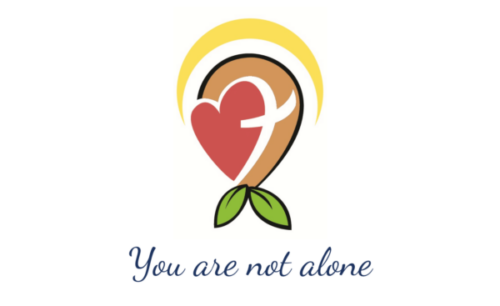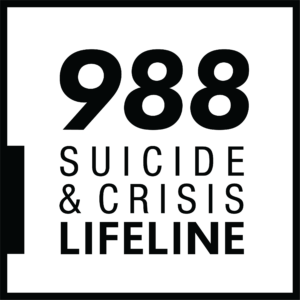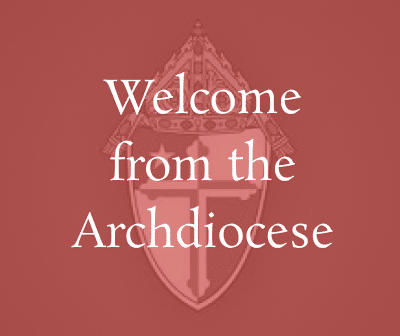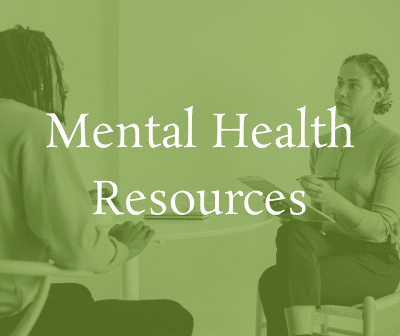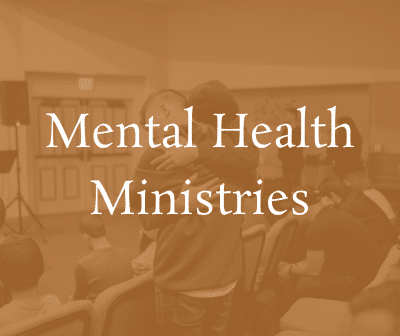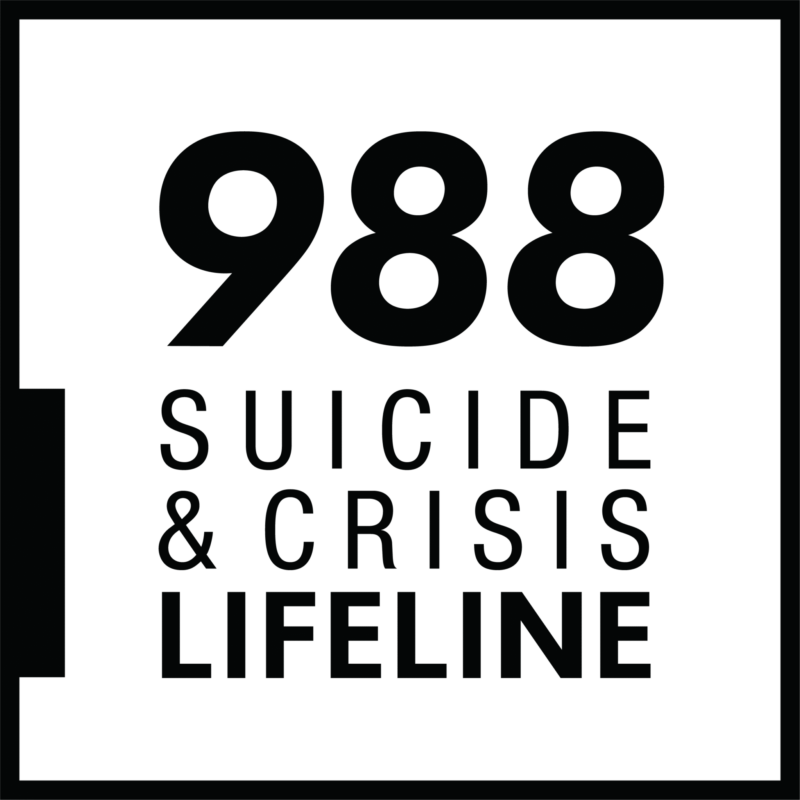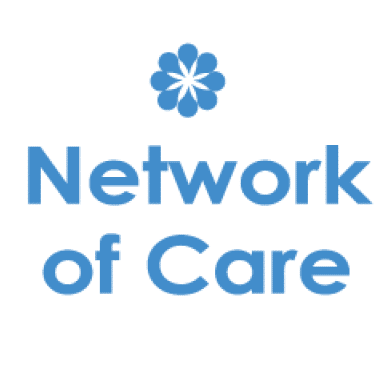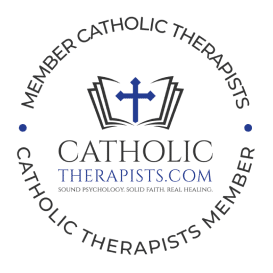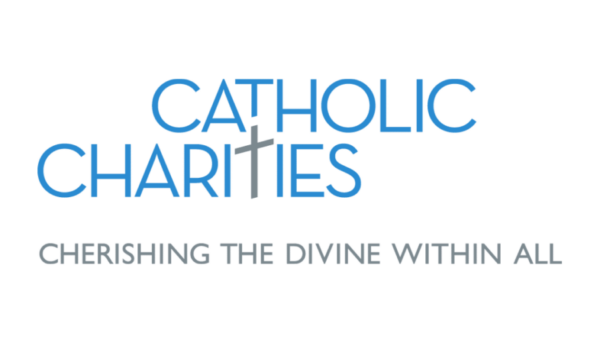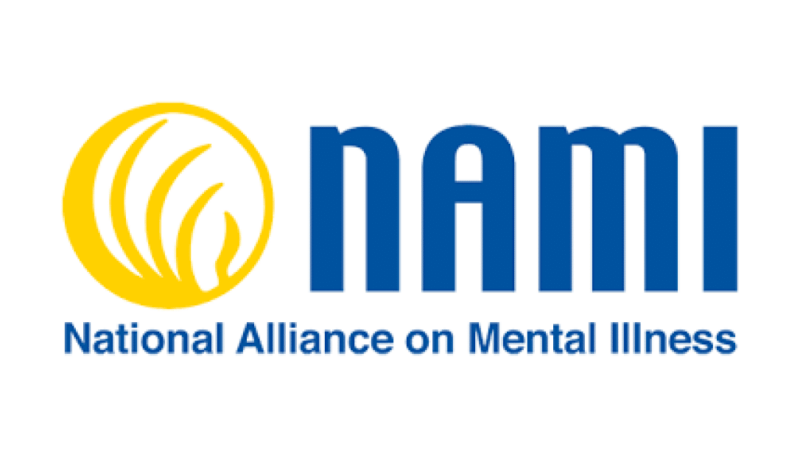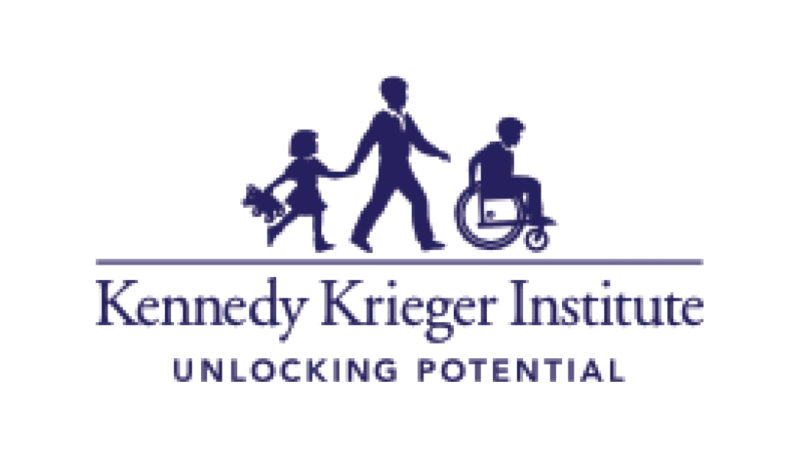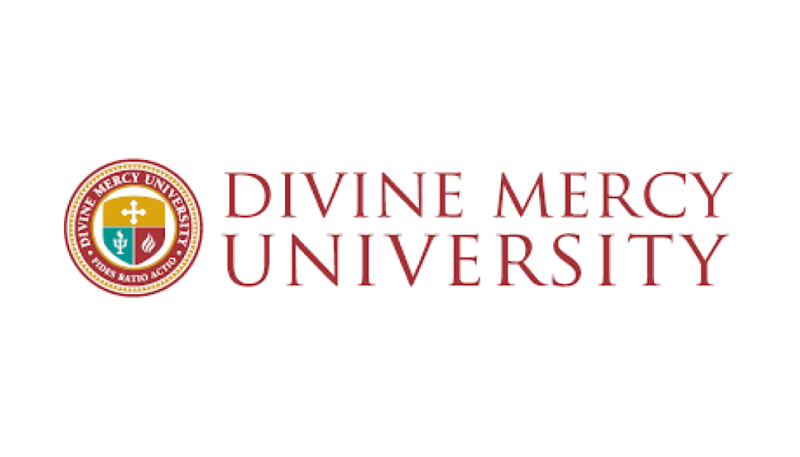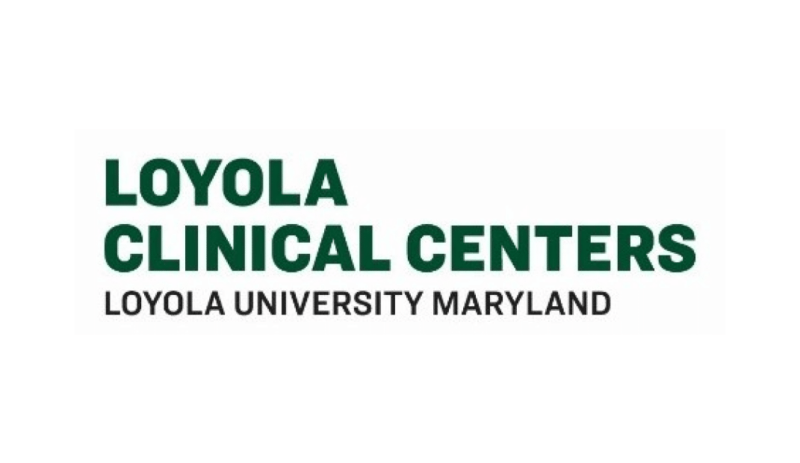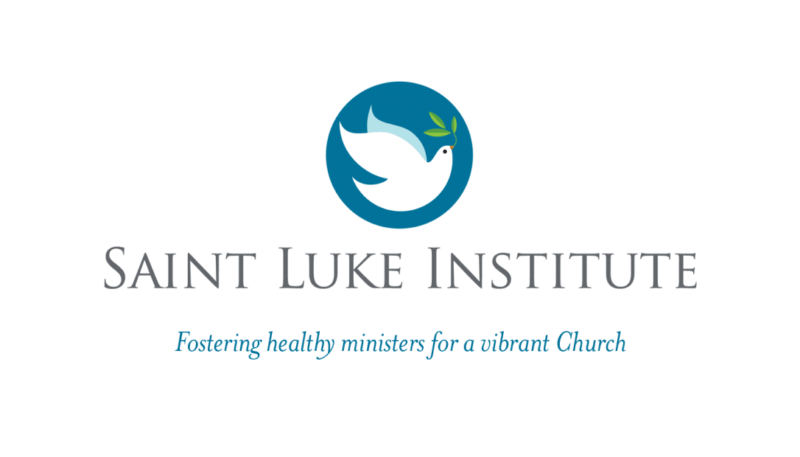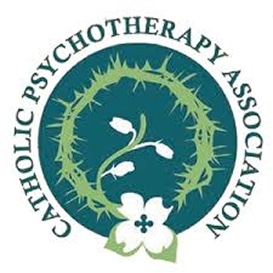Things to consider about affording therapy:
Some employers offer free and confidential counseling through Employee Assistance Programs (EAPs).
Health care insurance may cover most or some cost of mental health care. Some insurance plans provide fuller coverage for “in network” lists of providers. A plan might provide some, but less coverage, for “out of network” providers.
Some providers do not participate with insurance companies at all but charge you directly. They will provide you with documents that you may submit to your insurance company for reimbursement. These providers may offer their own payment plans. When seeking a provider, be sure to ask about fees and payment, and what kind of insurance coverage they may accept. Health savings accounts can be used for counseling and therapy.
It will also be helpful ahead of time to ask your insurance company the following questions:
- Do I have mental health insurance benefits?
- What is my deductible and has it been met?
- How many sessions per year does my health insurance cover?
- What is the coverage amount per therapy session?
Is approval or prior authorization required from my primary care physician or by the therapist?
Please keep in mind that each individual will need to research options to determine which provider is best suited to their needs. The resources listed are meant to give many options and are not intended as specific recommendations. The Archdiocese of Baltimore is not responsible for any dissatisfaction or problems that may arise in your private therapeutic relationships.

